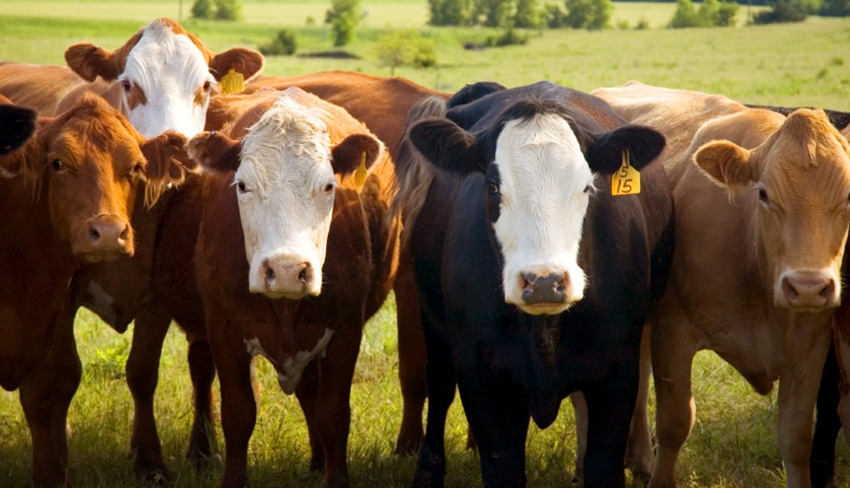European badgers' gut bacteria may be powerful ally in bovine TB fight
Morris Animal Foundation-funded researchers look at novel ways to reduce TB spillover from European badgers to cattle in midst of ongoing outbreak.
October 5, 2018

Something cattle, European badgers and gut bacteria have in common is that they are all central players in a complex web surrounding a disease that affects multiple species and often has devastating results: tuberculosis (TB).
Now, new research funded by the Morris Animal Foundation is shedding light on how gut bacteria may help protect both badgers and cattle from this common, pervasive and deadly illness.
A major outbreak of bovine TB has significantly affected agriculture in the U.K. for a number of years. Badgers are known carriers of Mycobacterium bovis, the bacteria that causes bovine TB, and are suspected to be a source of the disease's spread.
Use of the human TB vaccine, Bacillus Calmette-Guerin (BCG), in badgers was considered to be a humane and long-term solution to reduce TB spillover from badgers but was falling short on effectiveness, the Morris Animal Foundation said.
Dr. Jorge Gutierrez, University of Surrey researcher and lead author of the paper, wanted to know why and wondered if the reason for this shortfall and its solution both could be found in the gut bacteria of badgers.
The team, along with collaborators at the U.K.'s Animal & Plant Health Agency, found that gut bacteria from badgers may be decreasing the effectiveness of the BCG vaccine but, at the same time, may be killing off M. bovis. It's a bad news/good news scenario that may help improve TB prevention, the researchers said.
The team's findings recently were published in BMC Microbiology.
Some natural gut bacteria produce substances that can kill off their competitors or make the gut a hostile place for them. Gutierrez wondered if this might also be going on in the badger gut. His team isolated several types of natural gut bacteria, specifically lactic acid bacteria, from the feces of badgers. They found that some of these bacteria kill off the BCG vaccine, which could reduce its effectiveness in this species. However, with this finding, there is good news, too.
"As M. bovis is often excreted from infected badgers in their feces, we might find a way to use these gut bacteria to kill M. bovis instead -- a way of naturally reducing contamination of the badgers' environment with the bacteria that cause TB," Gutierrez said. "We also found the lactic acid from badgers was good at stimulating the badger's immune system, which could be good news for improving the effectiveness of the vaccine."
Current TB intervention measures in the U.K. include controlling cattle movement, limiting cattle contact with wildlife in pastures as well as culling badgers. Keeping cattle away from wildlife is challenging for livestock managers. Also, badgers live locally within a social structure that can be disrupted by culling, which would lead badgers to travel farther while taking the disease with them, the announcement said.
An effective vaccine strategy would be optimal for all animals affected by this disease as well as being an environmentally sound solution, the Morris Animal Foundation said.
"New long-term, environmentally friendly and sustainable solutions are needed both for the badgers and other animals affected by this disease," Gutierrez said. "Our findings might explain, in part, why the BCG vaccine has variable results in badgers but also points to a possible future solution. There's still a lot to learn about the bacteria that make up the natural flora of the badger gut."
"All animals, including humans, contain both beneficial and harmful bacteria," added Dr. Kelly Diehl, Morris Animal Foundation interim vice president of scientific programs. "Unfortunately, harmful bacteria get all the press as these microbes can make us sick or trigger large-scale disease outbreaks. Dr. Gutierrez's work is a superb example of how we might be able to use the beneficial bacteria already living in our bodies in novel ways to help combat diseases such as bovine TB."
More recently, Gutierrez and his wildlife management collaborator, the Spanish company Ingulados, isolated beneficial gut bacteria from wild boars -- another TB reservoir species in parts of mainland Europe. They are exploring its use to naturally and safely help mitigate bovine TB spillover in Spain.
You May Also Like



